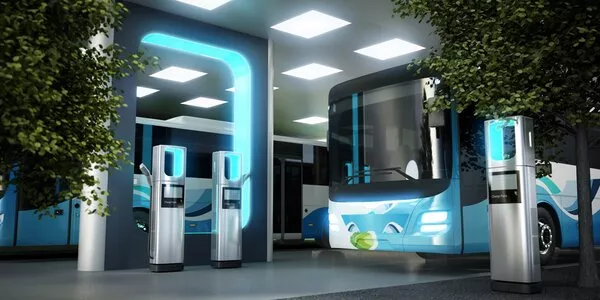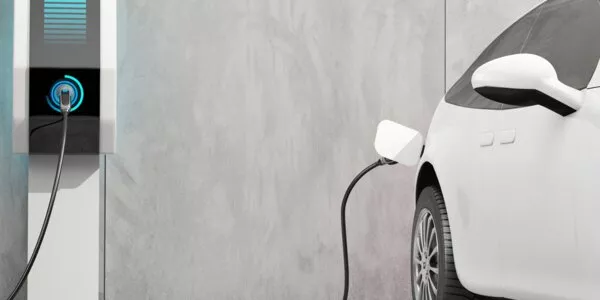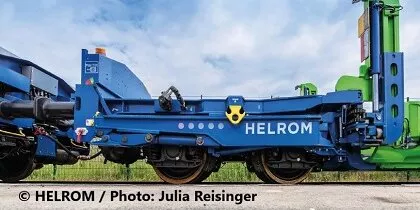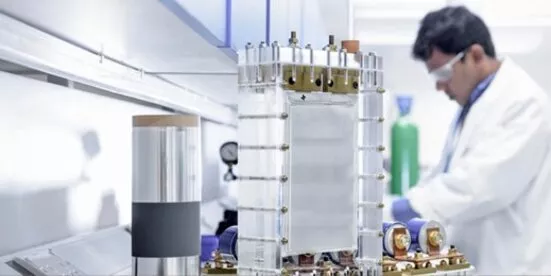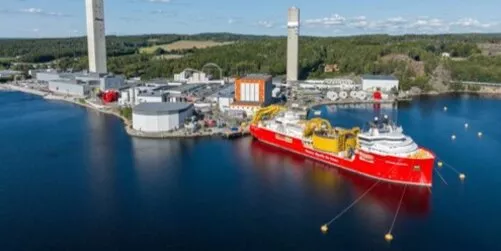
Sowing seeds of a bright future for burkinabe cotton farmers
Longer dry spells and land erosion are hurting cotton farmers’ livelihoods in Burkina Faso. A program presenting farmers with financing and training aims to change that.
By Inaê Riveras, IFC Communications
BOBO-DIOULASSO, Burkina Faso—For three generations, Kakuy Ouanko’s family has relied on the sale of cotton and cereals to earn a living. Every season, the size of the crop largely defines the amount of food the 33-year-old farmer will have for the year, and whether he will be able to afford to send his three children to school.
But crop yield has become increasingly unpredictable in west Burkina Faso, where Kakuy works the family farm with help from his brothers. Because of climate change, rains are now less regular and at times too intense, leading to longer dry spells and land erosion that hurts productivity. The impact is often tragic for smallholder farmers in the region, who have no other source of income.
A project being implemented by IFC and the World Bank, in partnership with the Société Burkinabè des Fibres Textiles (SOFITEX), aims to change that, offering farmers like Kakuy a more reliable livelihood . This is the first program launched by IFC and the World Bank as part of the Sahel Irrigation Initiative, and it presents farmers with financing alongside training for soil-water management, rainwater capture, and irrigation. The strategy seeks to stabilize and ultimately increase cotton yields, strengthening food security and boosting farmers’ incomes.
It’s a new approach in a region where traditions run deep. “This represents an extraordinary change in decades-old farming habits,” says Aissatou Eugenie Sow, an IFC finance specialist. “Many of these farmers had never used irrigation before.”
A BLOSSOMING PARTNERSHIP
Burkina Faso is Africa’s largest producer of cotton. It’s also one of the world’s least developed nations: the average income per capita is around $700 a year, and about two-thirds of adults are illiterate. Its economy relies heavily on agriculture; in fact, the sector employs nearly 80 percent of the working population. Rain-fed cotton is the main cash crop.
A portrait of Ouanko Kakuy, a farmer in the village of Dankari.
“Without rain, whatever fertilizer you use cannot have optimal efficiency. This reduces productivity and profitability,” says Wilfried Yameogo, Director General of SOFITEX. This year SOFITEX, which is West Africa’s largest cotton company, is processing about 540,000 metric tons of raw cotton. The volume is expected to go up by about 20,000 tons in the next season.
IFC has been working with SOFITEX since 2015. That year, French financial group Société Générale partnered with IFC to launch a €70 million facility to finance the purchase of raw cotton from farmers during the harvest. This allowed SOFITEX to process and export cotton throughout the year. The program was renewed for the third time in early 2017, when BNP Paribas joined the initiative and the facility was expanded to €90 million.
Société Générale, the arranger and agent for the facility, has been a long-term supporter of SOFITEX, providing financing to the cotton sector in Burkina Faso for the past 20 years. “Coupled with the implementation by SOFITEX of an environmental and social action plan, these cotton campaign financings contribute further to positive impacts on the agricultural sector,” says Dominique Beretti, Deputy Global Head of Natural Resources & Infrastructure for Société Générale. “(The sector) is central to Burkina Faso’s economy and provides revenues directly and indirectly for about 4 million people.”
SOWING CHANGE
The Burkina Faso irrigation project is expected to be fully operational in the next farming season, which starts in May 2018 . The objective is to reach 1,000 farmers in four years and, for future phases of the project, to reach all of SOFITEX’s farmers. It would cover a total area of 3,000 hectares in the southwestern part of the country, where the company’s 160,000 cotton suppliers are located.
Farmers preparing to weigh their cotton on scales to be sold to Sofitex in Koumbia, Burkina Faso.
SOFITEX’s field agents have started to train farmers to build stone contour lines that help retain water in the soil after heavy rains, avoiding the runoff of fertilizer, topsoil, and organic matter. The program is also preparing farmers to build small ponds to capture rainwater, to be used for irrigation at critical growth phases of the cotton plants, and to operate and maintain equipment for water pumping and distribution.
Within five farming seasons, the project may increase cotton yields by 25 to 30 percent in participating areas . The adoption of sustainable soil and water management practices may also improve the productivity of cereals such as maize and sorghum that are planted in crop rotation, contributing to food security in the region. The project is supported by the Global Agriculture and Food Security Program (GAFSP) and by the governments of Canada and of the Netherlands.
PLANTING PROMISE
To support the farmers’ investment in soil water management, rainwater capture, and irrigation, IFC and the World Bank are facilitating $5.85 million in lending via four local financial institutions—Bank of Africa, Ecobank, Le Reseau des Caisses Populaires, and Coris Bank. The farmers will receive a subsidy from the Global Partnership for Output-Based Aid (GPOBA), a multi-donor trust fund managed by the World Bank.
Farmer Wowere Loa holds her grandchild, Lina Yambouvo, after a long day of picking cotton.
After an especially dry season this year, Kakuy is now looking into a job at a gold mine once the harvest is done—but he is willing to invest in soil-water management and irrigation if technical and financial assistance is available. If results are good, he already knows what to do with the extra income: “I’ll buy land and build a house.”
Read more about IFC’s work in agribusiness at www.ifc.org/agribusiness.
Follow the conversation: #IFCmarkets
Published in December 2017
